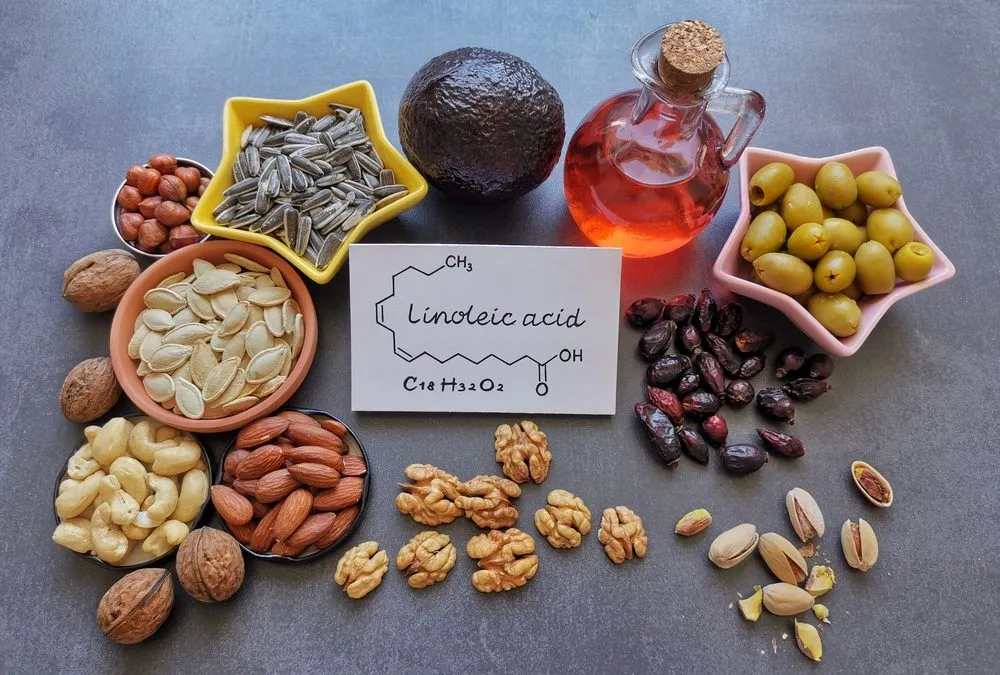Brighter Side of News
1d
153

Image Credit: Brighter Side of News
Egg and soybean consumption linked to aggressive type of cancer
- A new study reveals that linoleic acid, found in eggs and soybeans, can activate a key growth pathway in triple-negative breast cancer.
- Linoleic acid, a type of fat common in Western diets, can fuel aggressive cancer growth through the mTORC1 pathway.
- Omega-6 linoleic acid and omega-3 alpha-linolenic acid from food play crucial roles in cancer cell behavior.
- Researchers found that linoleic acid activates the mTORC1 pathway specifically in triple-negative breast cancer cells.
- The protein FABP5 acts as a fatty acid transporter in triple-negative tumors, linking linoleic acid to cancer cell growth.
- High levels of linoleic acid and FABP5 were found in blood and tumor samples of triple-negative breast cancer patients.
- This discovery may lead to personalized nutrition advice and potential new cancer drugs targeting the FABP5-mTORC1 pathway.
- Understanding the link between dietary fats and cancer growth sheds light on the importance of tailored nutritional recommendations for cancer patients.
- This research suggests that reducing linoleic acid intake could potentially slow down cancer growth in specific subtypes.
- The study highlights the need for more precise cancer care by considering the impact of diet at a cellular level on cancer progression.
Read Full Article
9 Likes
For uninterrupted reading, download the app